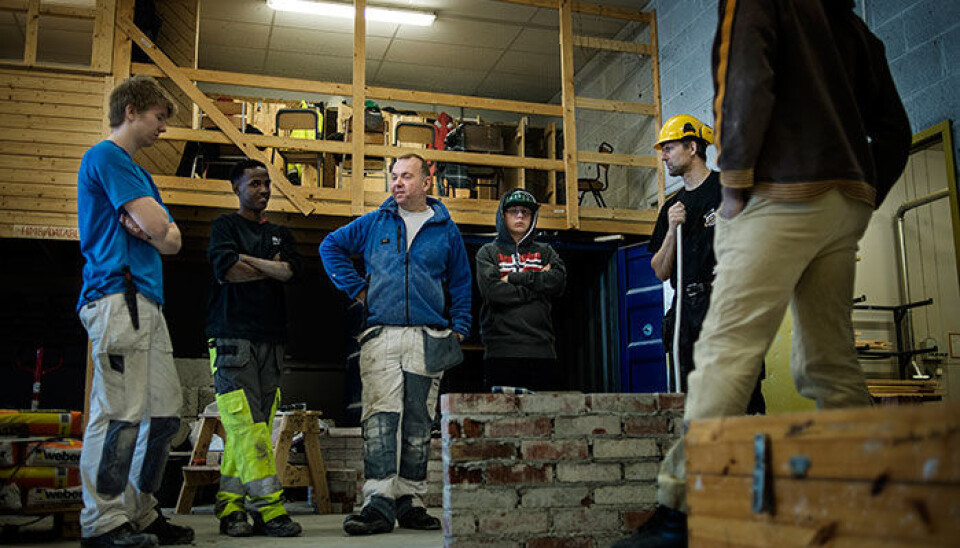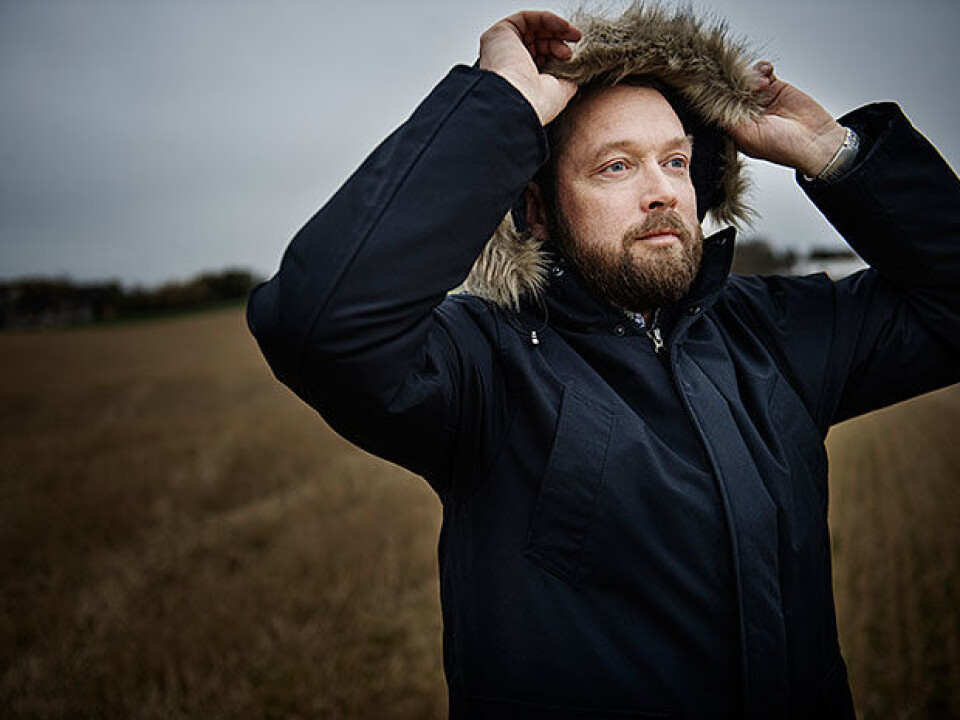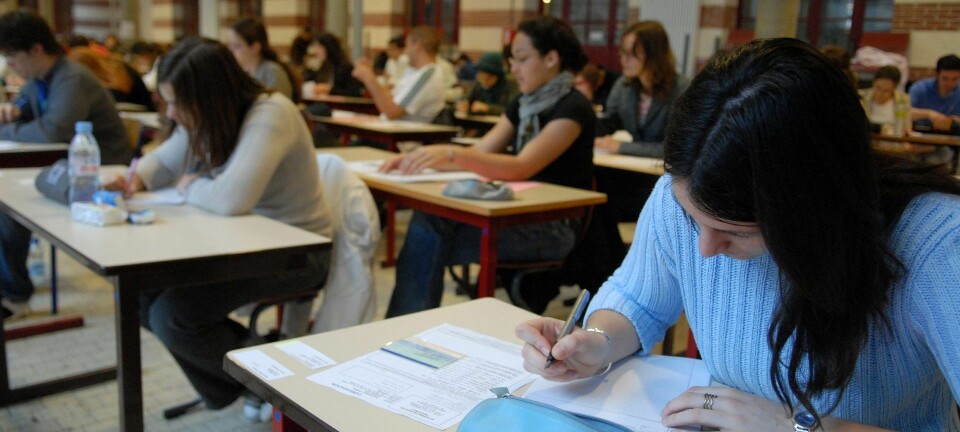This article was produced and financed by Oslo Metropolitan University

More specialisation may reduce dropout rates
More vocational students will complete high school if they get to work with subjects that interest them.
Denne artikkelen er over ti år gammel og kan inneholde utdatert informasjon.
A growing number of upper secondary schools offering vocational subjects are now introducing more specialised training courses based on pupil interest.
"Part of the reason behind the dropout rate in vocational subjects is lack of motivation," says Assistant Professor Halvor Spetalen at Oslo and Akershus University College of Apllied Sciences (HiOA).
Pupils find the subjects and assignments they are presented with have no relevance to their own interests.
"By offering more opportunities for specialisation based on pupil interest, the hope is that pupils will maintain enough motivation to complete their training and obtain their craft certificates."
Interest-based training

Based on research conducted by colleagues and researchers at the Norwegian University of Science and Technology, Spetalen believes that basing training on the personal interests of pupils taking vocational subjects may be a step in the right direction.
The pupils in the projects have had the same goals as those in the national curriculum, though they differed according to which occupation the pupils wanted to specialise in. The key researchers in the project are Professors Hilde Hiim and Grete Haaland and Assistant Professor Jorunn Dahlback.
"I'm now following this work up in my PhD, more specifically as a project in which student teachers of vocational subjects use a special didactic approach based on teaching and working methods that are more specialised and interest-differentiated," says Spetalen.
Among other things, he looks at the degree of transfer from the educational institution to the practice field when teachers try to be a little bit out of step with mainstream practice.
As part of the work for his PhD, the assistant professor is examining how vocational teacher education can contribute to developing a new role for teachers that is adapted to the structure of the vocational teacher education programmes in the upper secondary school and to determining how this role can be transferred to professional practice.
Greater choice creates more challenges
Spetalen has for many years been involved in teaching and developing the bachelor programme for vocational teachers in restaurant and food processing.
Under the Curriculum for Knowledge Promotion in Primary and Secondary Education and Training, pupils from this programme who proceed to corresponding training programmes in the upper secondary school can choose between twelve subject areas in Year 1 and between nine subject areas (such as food processing) in Year 2. This means that a class may contain pupils wanting to become bakers, retail butchers, cooks, sausage-makers and seafood retailers. This situation poses considerable challenges for vocational teachers.
"A teacher with a background as, let's say, a confectioner or a waiter, cannot be expected to possess first-hand knowledge of and skills in all these subjects," says Spetalen.
He says that the new role of the teacher must therefore be one of facilitator of pupils' individual vocational interests and of someone who makes sure that pupils who are less sure about their interests and aspirations can try out different subjects and perhaps find one that sparks their enthusiasm.
"The role of the teacher will also be to cover general topics and to demonstrate the impact and relevance these have, regardless of which occupation pupils choose. In restaurant and food processing, for example, production hygiene would be such a topic. As educators of vocational teachers, our role must therefore be to develop a didactics for tasks like these," says Spetalen.


































